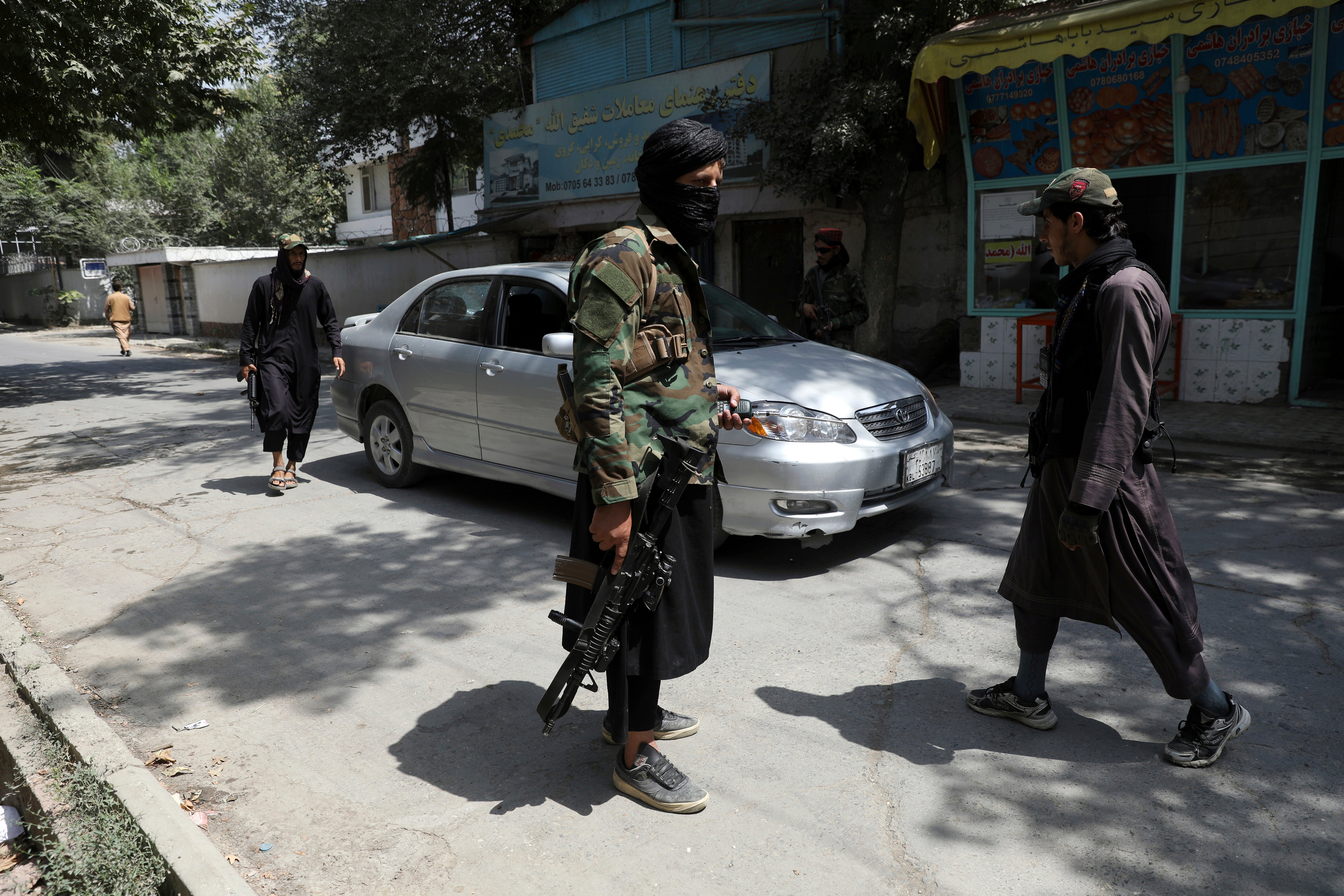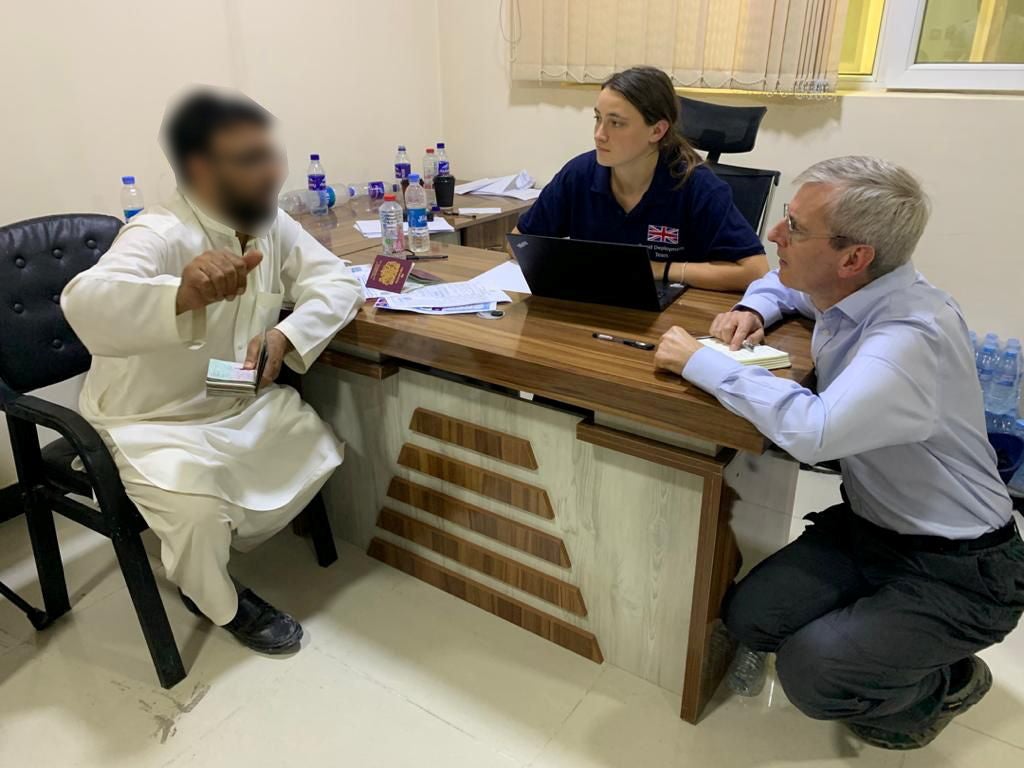Afghanistan: Interpreter who worked with Prince Charles ‘let down’ by UK as family left facing Taliban
‘Our only request for Home Office is to act quicker and sooner so that we don’t lose our loved ones,’ says Nazir Ayeen
Your support helps us to tell the story
From reproductive rights to climate change to Big Tech, The Independent is on the ground when the story is developing. Whether it's investigating the financials of Elon Musk's pro-Trump PAC or producing our latest documentary, 'The A Word', which shines a light on the American women fighting for reproductive rights, we know how important it is to parse out the facts from the messaging.
At such a critical moment in US history, we need reporters on the ground. Your donation allows us to keep sending journalists to speak to both sides of the story.
The Independent is trusted by Americans across the entire political spectrum. And unlike many other quality news outlets, we choose not to lock Americans out of our reporting and analysis with paywalls. We believe quality journalism should be available to everyone, paid for by those who can afford it.
Your support makes all the difference.A former senior interpreter for the British Army in Afghanistan who worked with Prince Charles said he felt “let down” by the UK's repatriation scheme, as it has left his family facing the Taliban.
Nazir Ayeen, who has lived in Britain for nearly a decade, but only formally won permission to stay in Britain in 2019, said the Afghan Relocations and Assistance Policy does not allow all of his family to be relocated to the UK despite fearing Taliban reprisals.
He told Times Radio: “It is not generous enough to include our family members.
”I really feel let down. I worked for the UK government, for the UK civilian mission in Afghanistan, and our service and work has direct links with the UK's national security.
“At the moment, our only request for the Home Office is to act quicker and sooner so that we don't lose our loved ones and our family members, and they don't face the Taliban's justice because of our service for this country.”

Mr Ayeen said life was “terrifying and worrying” for his family since the Taliban regained control over the central Asian country.
Mr Ayeen, who is now in his early 30s, helped the British Army for three years in Helmand Province, and acted as a translator for visiting dignitaries including the Prince of Wales, the foreign secretary and the defence secretary.
He fled to Britain in 2013 and was at first only granted a five-year visa, after which he was granted permanent leave to remain.
Since arriving in the country he has enrolled at Birkbeck, University of London, and took a job with a construction company.

The home secretary, Priti Patel, has vowed to “do right by those who need us most in this darkest of hours” – but has faced criticism that the government has not been generous enough in its offer of taking Afghans fearing Taliban reprisals.
The government has said it would take up to 20,000 refugees, with 5,000 in the first year.
Ms Patel told Sky News the UK “cannot accommodate 20,000 people all in one go”, but then hinted that the scheme could be expanded to admit double the initial figure for the first year.
“There could be up to 10,000. We are expanding categories of people,” she said.

Join our commenting forum
Join thought-provoking conversations, follow other Independent readers and see their replies
Comments